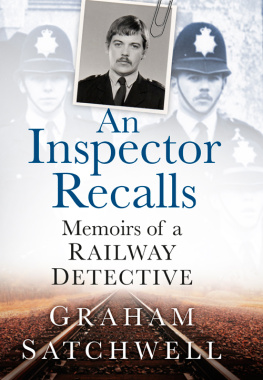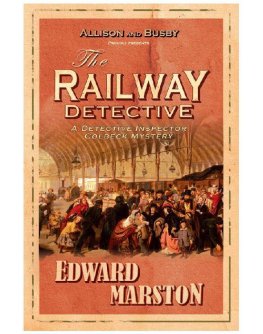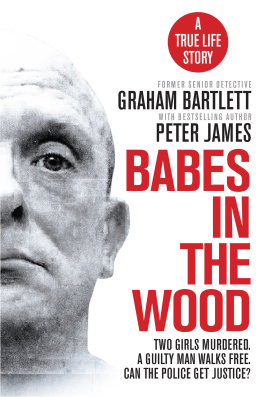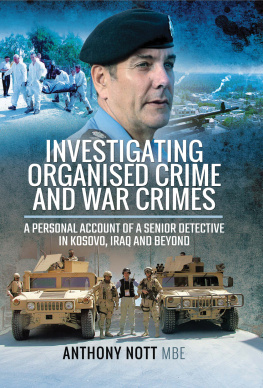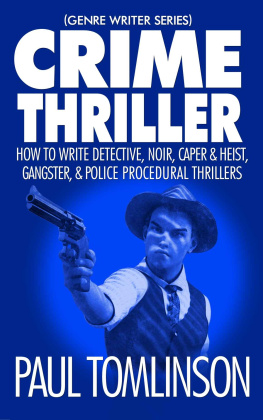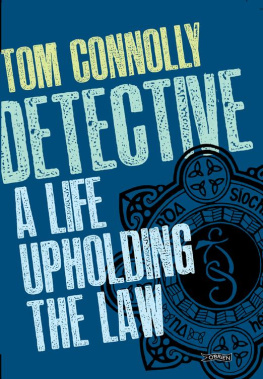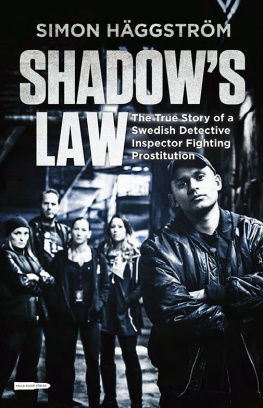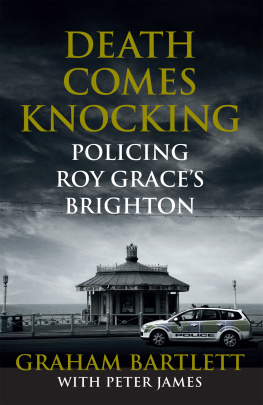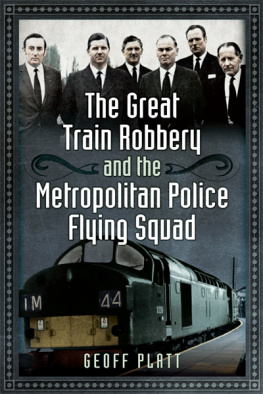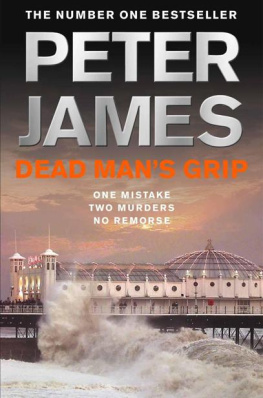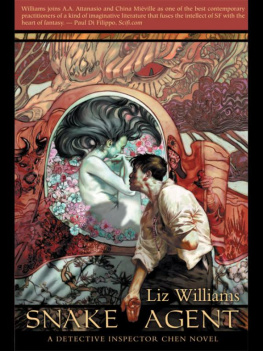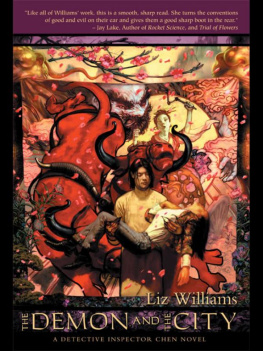
Dedicated to George and Eleanor, so that one day they might know me a little better
The hardest part to write is this, the acknowledgements section. If I dont write one then it looks like Im being mean and ungrateful to those who have helped and encouraged me. On the other hand if I create a cast of thousands it might seem that I think that I have created something special.
So let me put it this way. There are a few people who you can safely blame, apart from me, if you find the book ill conceived and/or badly written.
Firstly, Don Anthony; he told me back in the 1980s, when he was in his sixties, that I should write such a book. Don had a distinguished life. He was a professional footballer (Watford), Olympic athlete (hammer thrower), visiting university professor (Hong Kong and London), author, and chair of the British Olympic Association Education Committee, though not all at once of course. He was also a genuinely kind, patient and honourable man.
One of my oldest colleagues, David Drury, took time to remind me of stories from our Southampton days together. He also went to the trouble of making suggested corrections to part of the draft text.
Viv Head, another old colleague, read the entire draft and amended some of the many grammatical errors. My recent friend (whom I have only known for twelve years) Peter Benger did likewise.
Michael Appleby, who once defended a man I had charged with manslaughter, read an early draft and encouraged me to complete the book. He also came up with the title, which you might yet conclude, is the best part.
Guy Williamson, former colleague and now barrister at law, somehow found time to read the whole thing twice and then go through it with me line by line to ensure that I havent said anything that is actually illegal.
Both the lawyers referred to above gave up their costly time completely freely and no, in case you are wondering, I dont have anything on either of them.
Thanks also to Andre Gailani at Punch magazine for allowing me to reproduce an old Punch cartoon, and to Tempest Photography for allowing me to reproduce an old police course photograph. Similarly the Southern Daily Echo and the media people at Network Rail and Phillip Caley at Caley Photographic.
Finally, my wife, Lyn. She continues to put up with my never-ending daily efforts to make a success of writing. Lyn thinks my time would be much better spent gardening, or learning to be a better bridge partner. But frankly if I were not pretending to be a writer Id have to think of something else, painting maybe. I can be so honest with you, dear reader, secure in the knowledge that she will certainly not be amongst your number.
Contents
Most of my adult life has been spent as a transport policeman, first in the docks and then as a railway policeman about thirty-one years in all.
You would imagine that anyone who wants to become a hairdresser actually likes the idea of cutting hair. Thats pretty obvious isnt it? So isnt it also pretty reasonable to expect that anyone who wants to be a policeman rather likes the idea of investigating crime and arresting wrongdoers? Well, it might be a surprise to you, but many policemen actually shy away from making arrests.
For instance, many years ago I was travelling across London on the Underground with a colleague, we had both just finished duty, and we were both in civvies. It was evening peak time and the tube train was packed. A few feet away from us a drunk pushed on to the train. My colleague and I were both in our early forties, fit and healthy. The troublemaker was small, thin, and in his late fifties. He looked unfit and was very drunk. So, physically, either of us was more than a match for him.
The drunk was being abusive, and the passengers unfortunate enough to be nearest to him were trying to cower away. The extra pressure of people pushing away from the drunk forced my colleague closer to me than was comfortable. His briefcase was hard against my legs. But heres the thing: I could feel him shaking with fear. I said to him, Just put that bloody drunk off the train at the next station, otherwise I can see we will all be held up. He turned to me, his face no more than eight inches from mine, and I could see the fear in his eyes. He didnt want to be recognised as a policeman, he didnt want to get involved. He was too frightened. Wouldnt you think it crazy for a man to become a carpenter if he didnt like handling wood?
Of course there are two ways that a police officer can escape police work. He can resign, or, he can get promoted. Over the years I was in the job it always seemed to me that senior ranks were unfairly treated, I mean they got much more out of the job than they deserved. On the one hand you had constables and sergeants working around the clock screwing their physical health, social arrangements and family life. They frequently took abuse from drunks (not just from CID officers) and had little or no real opportunity to escape for a bit of private time. They got paid less than anyone else.
On the other hand you had blokes (they were all blokes once) in senior positions (inspectors and above), who worked nine to five (or other convenient times according to best suit family/car sharing arrangements). They rarely turned out at the weekend (unless the weather was nice and it was quiet, and they were bored). Otherwise they would only be on duty during unsocial hours if an even more senior officer was going to be there, or there were massive brownie points to be scored, and absolutely no chance of anything tricky happening. They worked an absolute minimum of late shifts and never saw the clock strike 1 a.m. while on duty.
Most had very little contact with Joe Public unless giving a talk on the dangers of crime fighting to a Womens Institute meeting (something they must have learned about by reading crime novels during on-duty visits to the public library, or listening carefully to lower ranks between nine and five). Because they were in a managerial position they had the flexibility of routine to allow them to pinch a bit of time when they wanted. They could put a bet on, sip a cold drink, do a bit of shopping, or pleasure themselves in some other strictly private way. Shouldnt it have been either senior job (with all the perks) or better money? Why give them both? It seems quite unnecessary and unfair.
As youve probably guessed, this book contains a fair bit of fun poking at senior police officers. Of course there were also some very good senior people. But theres no fun in describing goodness. And of course even those I criticise heavily had their good points.
So, this is a story about my professional experiences. But it isnt objective. How could it be? It is a highly subjective and creative description of what I remember. Thats all it is. Each experience has been interpreted and reacted to according to my own particular interpretation of the world and my place in it. You will find lots of I said and he replied, and Ive tried to fairly represent actual conversations. But please remember, some of these conversations took place over forty years ago, and I have no pocketbook to refer to, not any more.
No one can write a book about their experiences and not reveal a little of their character. Even if one were to try, the very act of selecting and telling a story reveals what one sees as important. And as soon as a little colour is added, ones personality is exposed. Everyone has negative aspects to their personality; it is only the nature and extent that varies. Heres the point, I know that you are not going to like everything I say, but thats the price I have to pay for making some attempt to tell the truth.
Next page
